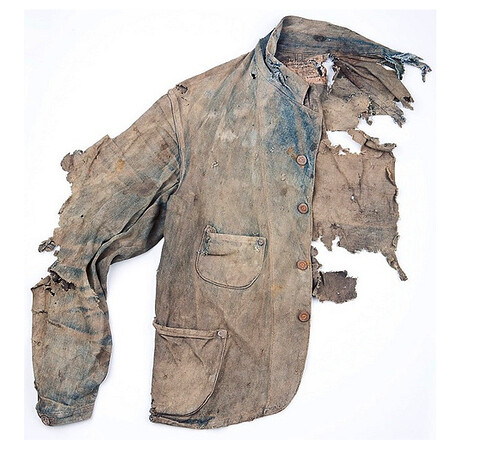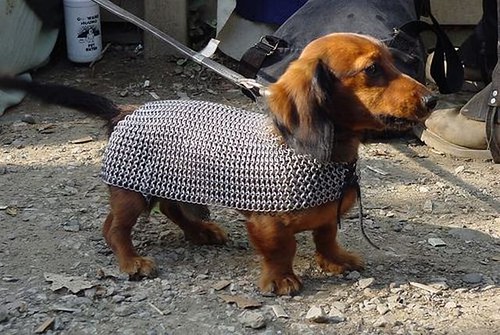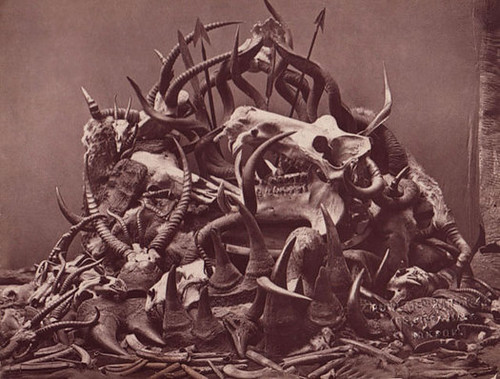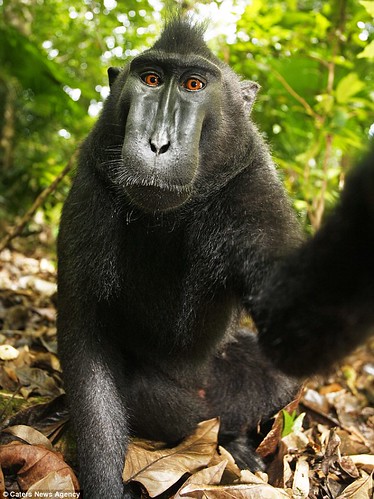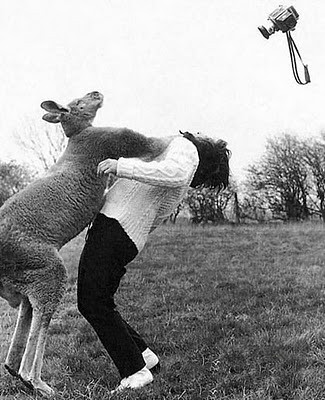
In cycling, as in all sports, modern training techniques and media money have professionalized the approach of riders at the top of the sport's pyramid (and those trying to ascend it), allowing cyclists to target their peak fitness for the right parts of the season. This is a good thing. However, it also raises the stakes for every endeavor they engage in, because any injury can mean rehab time, lost revenue, and a potentially shortened or diminished career. Today's cyclists are better than their predecessors, but at a smaller number of things. Why didn't Lance Armstrong ever try to set the hour record? Why doesn't Fabian Cancellara?1 I've spent an inordinate amount of time recently thinking about how great it would be if someone were to put on an elite two-man time trial. Who would team up? Would Spartacus and Tony Martin blow up the field? Would partnerships be on nationality, team, or just friendship? Whatever happened to motor-paced races? Cycling has decided that it's highest ranks should compete in peloton-based road races, with a few individual time trials, and team time trials in long stage races, and nothing else. That is thoroughly understandable, but also a shame.
1: To be fair, he has stated his intention to do so several times over the past couple years. But the fact that he hasn't despite wanting to for some time shows how strong the incentives are to occupy himself in other ways.Which is why I'm so heartened that not one but two of the men who etched their names in this year's Tour de France have taken up the mantle not of their team or nation, but of their race. Both Thomas Voeckler and Johnny Hoogerland raced trotting horses to fight for the racing honor of the human race.

Voeckler, who clung to the maillot jaune for ten days through skill, cunning, grit, and grind, followed his glorious July with his horse race in August. He took on thoroughbred Othello Bourbon2 in a best of three challenge. The race was a 380 meter straight shot, with each racer being allowed a flying start. Voeckler pipped his opponent in the first leg, but was unable to hold off his foe in the other two.
2: Somebody, anybody please name your son Othello Bourbon. With a name like that, he is destined to find fame and fortune, though perhaps also an unhappy end...
Johnny Hoogerland, whose TdF heroism was largely thrust upon him in the guise of a car accident, engaged in a similar contest this week. As part of some manner of Dutch fundraiser to combat some form of children's cancer3, he raced trotter Unforgettable in an identical best-of-three fight. As if these things were scripted, he too won the first leg, but then was trounced in the next two.
3: Come to No Fours for all your hard-hitting, translated-from-the-Dutch-by-Google news!
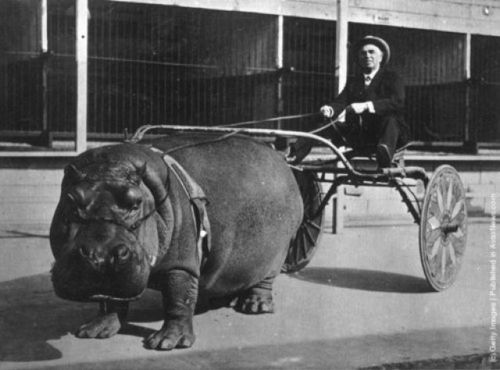
Voeckler and Hoogerland, of course, are not the right men to win such a race. If you were earnestly trying to give homo sapiens a fighting chance, you'd pick a Mark Cavendish or an Andre Greipel to churn out the watts over that short distance. But anyone who gets overearnest about a man racing a horse is perhaps missing the point. The point is that it's happening, and that is far more important than who wins. I want cyclists racing horses. I want derny-led street racing. Get a little kooky every now and then, cycling; the sport is richer for it.
